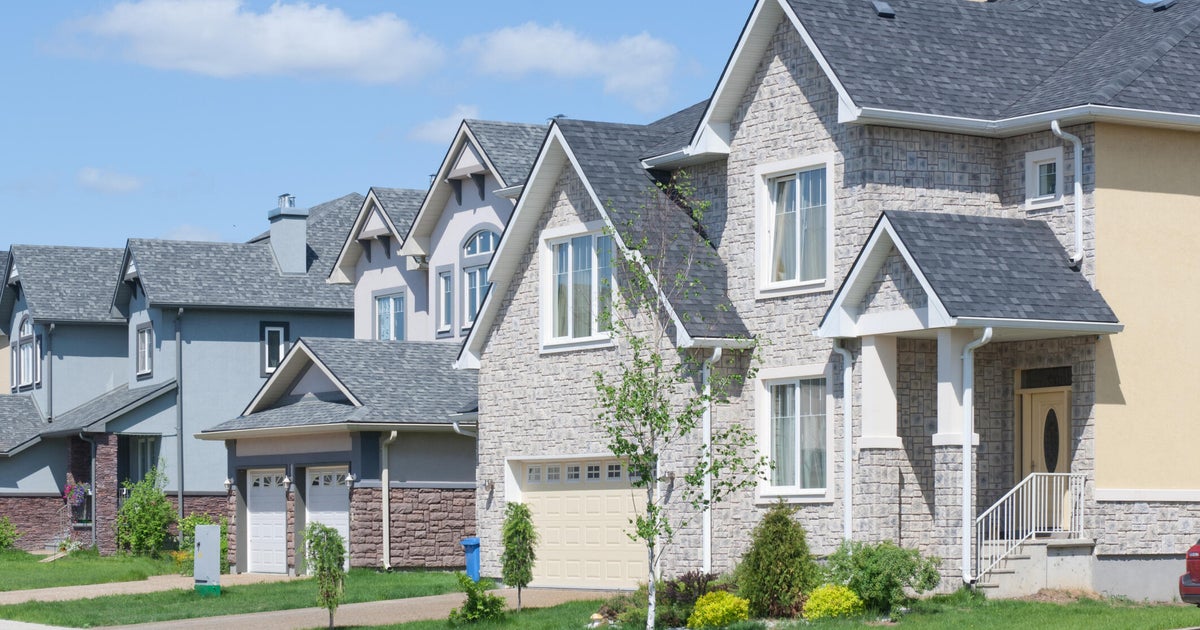Will homebuyer competition rise when mortgage interest rates are cut?
Since the start of the pandemic, potential homebuyers have faced unprecedented challenges in navigating the U.S. real estate market. During the height of COVID-19, mortgage rates repeatedly hit record lows but home prices surged due to low supply and high demand. Then, in the post-pandemic era, home inventory remained constrained and prices remained elevated, but conditions became even more difficult for aspiring buyers as mortgage rates climbed to the highest levels since 2000.
Fortunately, buyers have seen some long-awaited good news recently, as mortgage rates have finally begun to decline in anticipation of the Federal Reserve cutting the benchmark interest rate. September rates are already down more than a full point since their peak and, while rates have a ways to go before they fall below 6%, the mortgage interest rate forecast for fall looks promising.
Unfortunately for would-be buyers eagerly preparing for a rate cut, a reduction in borrowing costs isn't all good news. A further rate drop could complicate homebuying in important ways, including negatively impacting fall home prices. Buyers considering jumping into the market as mortgage rates fall must also come to terms with how rate reductions could potentially impact the competition they face.
Don't wait for buyer competition to increase. Start comparing your best mortgage loan options now.
Reduced rates could lead to increased demand — and higher prices
Buyers hoping that upcoming mortgage rate cuts will increase home affordability could be in for an unpleasant surprise. That rate reduction may be accompanied by rapid home price increases that offset most or all of their savings from lower borrowing costs.
"Homebuyer competition will 1,000% increase when mortgage interest rates are cut," says Sean Adu-Gyamfi, a real estate broker with Coldwell Banker Warburg. "Besides the fact that lower rates mean better affordability for most people, there has been a very real sense of FOMO from prospective buyers when they did not purchase in late 2020 through 2021."
Aspiring owners who missed their window during the record-low rates of the pandemic era may not be willing to delay again as rates start to drop out of fear of missing the boat a second time. Instead, they may be eager to jump into the market with both feet, even if that means becoming involved in bidding wars.
"If a would-be buyer is waiting for interest rates to be cut before entering the market, they should expect competition to be greater since other potential buyers are in the same position, waiting on the sidelines." agent Steven Gottlieb of Coldwell Banker Warburg says.
Unfortunately, if demand increases but supply doesn't rise at least as quickly, this will create significant upward pressure on home prices — compounding a problem that already exists in the current market and has since the pandemic began.
The August Housing Market Update prepared by the U.S. Department of Housing and Urban Development suggests, unfortunately, that supply issues may persist since we're starting with too few houses even as new buyers get ready to flood in.
The HUD report shows that construction of new homes was down 14.8% year-over-year in July of 2024. And, while the inventory of existing homes in July was up 19.8% year-over-year, it still represents just a 4-month supply. The National Association of Realtors says a six-month supply is needed for moderate price appreciation, with a lower level resulting in more rapid price increases.
Learn how affordable the right mortgage loan could be for you today.
Reduced mortgage rates could result in more inventory
The good news is that it's possible that reduced mortgage rates won't just create more potential homebuyers. It could also result in inventory increasing substantially from the current baseline. If this prediction pans out, it would mean that home prices don't rise as rapidly as some have feared — or even increase much at all.
"Right now, we have a large number of homeowners with low rates locked in following the pandemic," says Beverly Hankinson, senior vice president and mortgage loan advisor manager at Frost Bank. "Many of those folks have been on the sidelines of the housing market but lower rates could be the incentive they've been looking for to increase their space or move closer to work or school."
In other words, a rate drop could finally push into action aspiring sellers who haven't wanted to move because doing so meant giving up their current low rate. As borrowing costs decline and these would-be sellers no longer face the prospect of their rate nearly doubling if they relocate, the dam could break on new listings.
"We're already seeing an increase in the supply of homes on the market and lower rates could help continue the trend, which would be good news for buyers despite the increased competition," Hankinson says.
Since studies show around 71% of potential buyers have been waiting on a rate drop to act, ultimately the potential price increases will depend on whether more buyers or more sellers are motivated to make moves as rates decline. Unfortunately, this can be difficult for buyers to predict.
"Finding the right time to buy is not a science," Hankinson says.
The bottom line
Aspiring homeowners frustrated with this continued uncertainty can and should be proactive about getting their finances in order. This will ensure they're ready to buy when the right property at the right price comes along. Those steps can include:
- Setting a purchasing budget
- Pursuing mortgage pre-approval to understand costs and borrowing limits
- Beginning to look at homes in the local market to understand the options available.
"The time to buy is always when you are financially & emotionally ready," says Adu-Gyamfi.
If you have your down payment and are approved for a loan you can afford, you can choose to take action now and refinance later if rates fall further. Or, you can wait until a rate cut happens and be ready with a competitive offer accompanied by proof of financing. This will give you a leg-up in getting an accepted offer, even in a market with more competition.
Either approach will hopefully lead to owning the home you love without regrets -- as long as you made the financially smart choice not to buy more house than you could comfortably pay for.






